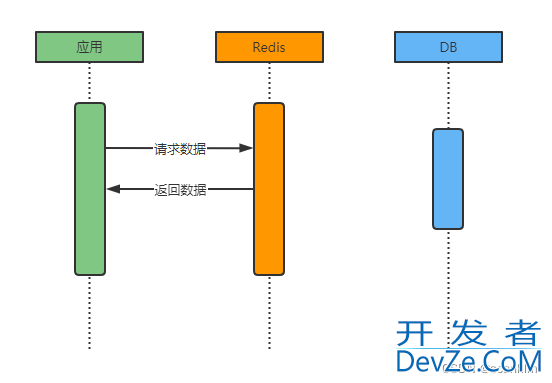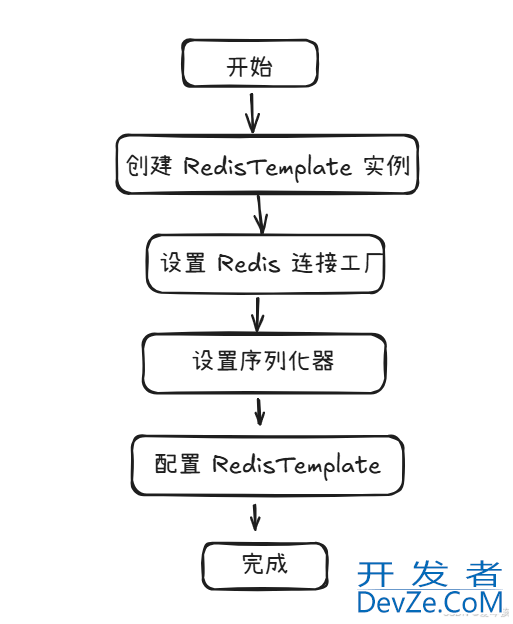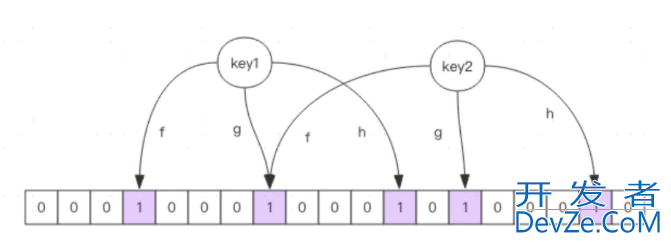PostgreSQL sql放入文件,登入数据库之后批量执行
1. 建立测试sql:
vi aa.sql
插入:猜测每条sql语句是用;分隔的,function中的多个;也会自动识别。
create table tb1(id integer); insert into tb1 select generate_series(1,10); select * from tb1; delete from tb1 where id<3; select * from tb1;
2. 将aa.sql放入 ./src/postgresql-9.3.5/src/tutorial下(./src/postgresql-9.3.5/src/tutorial是PostgreSQL自动识别的目录,当然也可以放在任意目录,比如/home/postgres/aa.sql)
3. 切换用户登入
su postgres psql po编程客栈stgres
4. 执行:当输入\i时候,会自动检测到./src/postgresql-9.3.5/src/tutorial下的文件,PostgreSQL的测试例子也放在此目录下
postgres=# \i aa.sql (\i /home/postgres/aa.sql) id | name ----+------ 1 | join 2 | join 3 | join 4 | join 5 | join 6 | join 7 | join 8 | join 9 | join 10 | join (10 rows) CREATE TABLE INSERT 0 10 id ---- 1 2 3 开发者_Redis 4 5 6 7 8 9 10 (10 rows) DELETE 2 id ---- 3 4 5 6 7 8 9 10 (8 rows) postgres=#
postgres=# \d tb1 Table "public.tb1http://www.devze.com" Column | Type | Modifiers --------+---------+----------- id | integer |
第二个例子:
vi bb.sql:
写入一个function:
create function func1()returns void as $$ declare begin delete from person where id>5; delete from tb1 where id>5; end $$language plpgsql; select func1();
切换到postgres,登入之后执行:
执行前:
postgres=# select * from person ; id | name ----+------ 1 | join 2 | join 3 | join 4 | join 5 | join 6 | join 7 | join 8 | join 9 | join 10 | join (10 rows)编程客栈 postgres=# select * from tb1 ; id ---- 3 4 5 6 7 8 9 10 (8 rows)
执行:
postgres=# \i bb.sql CREATE FUNCTION func1 ------- (1 row)
执行后:
postgres=# select * from person ; id | name ----+------ 1 | join 2 | join 3 | join 4 | join 5 | join (5 rows) postgres=# select * from tb1 ; id ---- 3 4 5 (3 rows) postgres=#
5. 也可以使用psql命令执行
pslq -d postgres -U postgreshttp://www.devze.com -f /home/postgres/aa.sql
补充:PostgreSQL - 用psql 运行SQL文件
对于预先写好的SQL文件,编程客栈比如/home/user1/updateMyData.sql, 可以有两种方式来运行这个SQL文件。
方式一:
连接db后执行SQL文件
首先通过psql连接到对应的db:
psql -d db1 -U userA
接着输入密码,进入数据库后,输入:
\i /pathA/xxx.sql
这里有个问题,如果你把SQL文件的路径里的路径分隔符写成了\,会报错说Permission denied。
这里的文件路径必须使用linux平台下的路径分隔符/,否则会报错。
方式二:
直接通过psql命令执行SQL文件
这种方式无需先登录数据库,直接用一个命令就可以了:
psql -d db1 -U userA -f /pathA/xxx.sql
接着输入密码即可执行SQL文件到对应的db里。
以上为个人经验,希望能给大家一个参考,也希望大家多多支持我们。如有错误或未考虑完全的地方,望不吝赐教。









 加载中,请稍侯......
加载中,请稍侯......
精彩评论